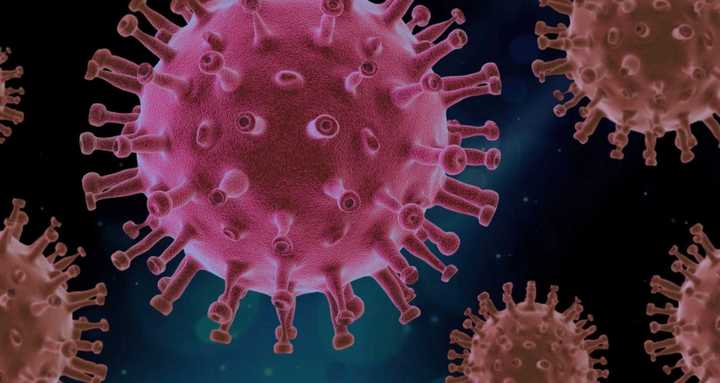A study published on JAMA Network Open on Wednesday, July 7, found that approximately one in six people with COVID-19 experience an irregular heartbeat for more than four months after developing their initial symptoms.
Researchers noted that the complication was more prevalent among those who suffered from coughs, body aches, and shortness of breath as their initial symptoms of the virus, and less so in test subjects who had more mild symptoms.
Diagnosing the new problem could help identify people with ongoing heart inflammation or compromised immune systems.
According to the study, for some of those tested, it took several months after contracting COVID-19 to return to normal resting heart rates, energy levels, and sleep patterns, citing data from Apple Watches, FitBits, and other fitness tracking devices and apps.
Energy levels, which were measured by daily step counts, didn’t return to normal for more than a month after the initial onset of virus-related symptoms.
Researchers noted that by using wearable devices to track the test subjects, they were provided a way to continuously track an individual’s physiological and behavioral metrics beginning when healthy before the infection, during the course of infection, and recovery back to baseline.
The data came following a test of 234 COVID-19 patients who tested positive for the virus, versus 641 who tested negative. On average, it took participants with the virus 79 days after the onset of symptoms to return to their normal resting heart rates and 32 days to reach pre-infection step counts.
Sleep patterns returned after an average of 24 days after the virus was first confirmed.
“To our knowledge, this is the first study to examine longer duration wearable sensor data,” the authors of the study said.
“We found a prolonged physiological impact of COVID-19 infection, lasting approximately two to three months, on average, but with substantial intraindividual variability, which may reflect various levels of autonomic nervous system dysfunction or potentially ongoing inflammation.
Researchers noted that in "the future, with larger sample sizes and more comprehensive participant-reported outcomes, it will be possible to better understand factors associated with inter individualized variability in COVID-19 recovery.”
Click here to follow Daily Voice Armonk and receive free news updates.
